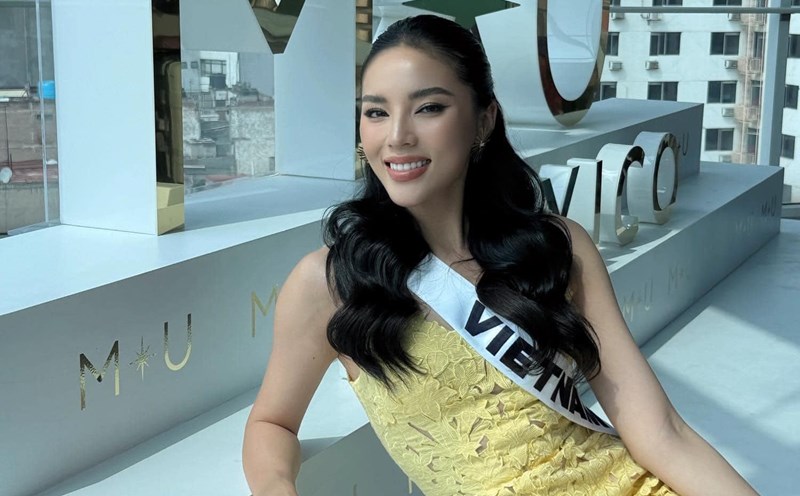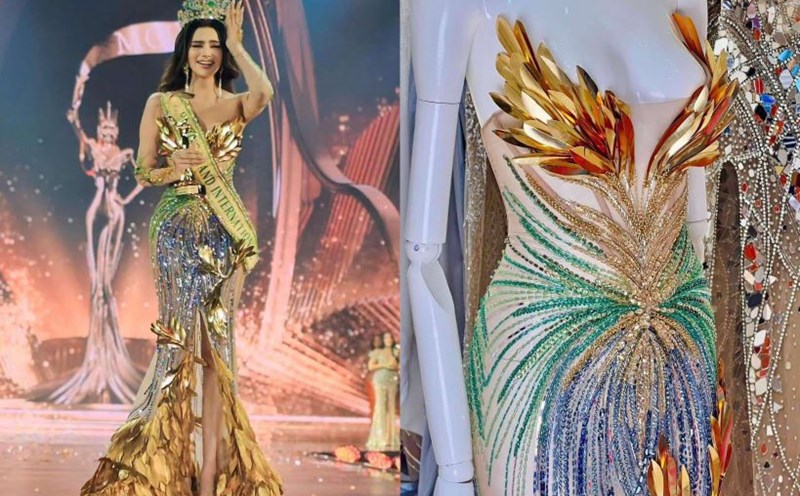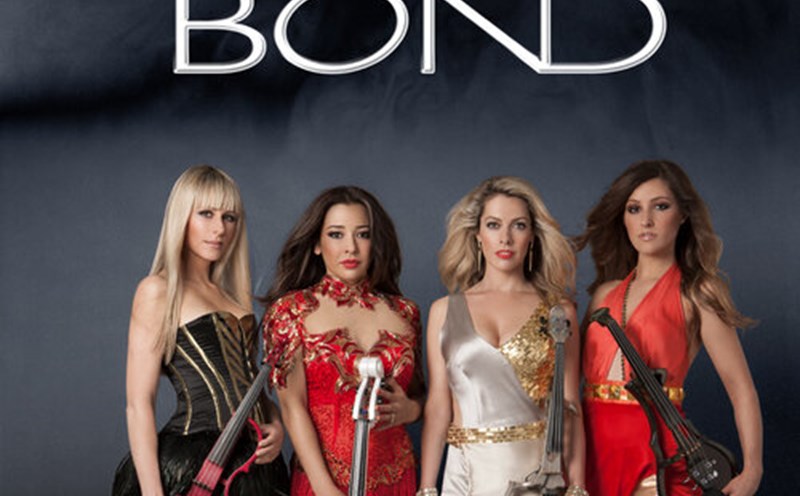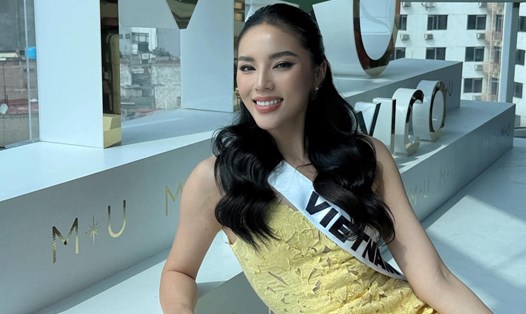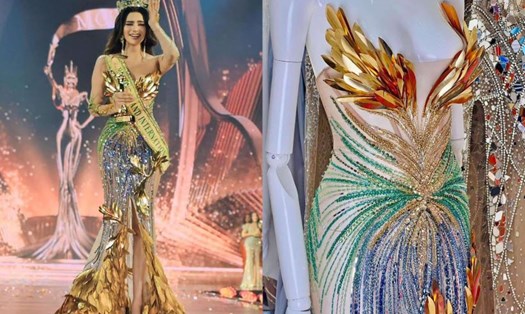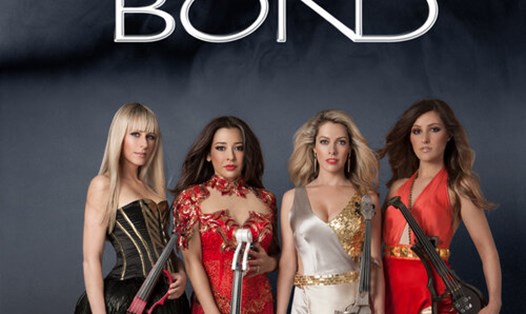Beauty pageants in Vietnam in recent years have achieved many remarkable achievements, but there are also many problems that need to be overcome for sustainable development and to create positive values for society.
On the positive side, beauty pageants have become a large-scale beauty playground, attracting widespread public attention and being a place to discover and honor beauties with talent, intelligence and good qualities. Many Vietnamese beauty queens have achieved success in the international arena, contributing to enhancing the image and position of the country in the world. In addition, through charitable projects and social activities, contestants and beauty queens have contributed to spreading positive messages, inspiring and contributing to community issues.
However, the competitions also face many challenges. Many competitions have been criticized by public opinion for their transparency and fairness in the organization and judging process, reducing the prestige of the titles. Some competitions are judged to follow the trend of entertainment and commercialization, lacking the necessary cultural, educational and profound values. The number of competitions is increasing but the quality of organization is uneven, leading to saturation and loss of public trust.
Therefore, we hope that beauty pageants in Vietnam will improve, innovate and have appropriate orientation to meet the expectations of society and the integration era, becoming a means of promoting culture and affirming national position.
Equip candidates with cultural, historical knowledge and soft skills
Beauty contests today are no longer simply a playground for beauty, but have become a place to honor individuals who are capable of spreading national culture and representing the country’s values on the international stage. Therefore, focusing on equipping candidates with cultural knowledge, history and soft skills is essential to help them have a comprehensive and sustainable foundation.
First of all, knowledge of culture and history not only helps candidates better understand their national identity but also helps them confidently convey these values to international friends. Courses on history, culture, heritage and traditional customs should be integrated into the preparation process, helping candidates gain a deep understanding and be able to proudly introduce the unique beauty of Vietnam in a convincing way.
In addition, soft skills such as communication, presentation, emotional management and teamwork are indispensable factors. Candidates will not only face the judges but also have to interact with the public, the press and the international community. The ability to convey ideas confidently, gracefully and deeply helps candidates express their personality and thinking effectively, while minimizing risks when encountering unexpected situations.
Training contestants in behavioral skills is also an important factor in beauty pageants, as it helps them demonstrate their sensitivity, flexibility in responding, and empathy for social issues. Through participating in volunteer activities, community projects, and social skills courses, contestants not only gain experience but also build a friendly, profound, and approachable image of beauty queens to the public.
Therefore, investing in education and training for beauty pageant contestants is a way for contests to not only create individuals who are physically beautiful but also have depth in knowledge, spirit and ability to contribute, contributing to enhancing the value and influence of the beauty pageant title on society.
Combining tradition and modernity to make a mark on beauty pageants
In the era of international integration and national development, combining traditional and modern elements in beauty contests is the key to creating a unique mark, both preserving national identity and demonstrating creativity and integration with the world.
Traditional elements can be incorporated into traditional costumes, showcasing unique designs inspired by Vietnam’s cultural, artistic and historical heritage. These costumes are not only aesthetically pleasing but also need to tell the story of the country, its people and its long-standing values. In addition, music, dance and intangible cultural elements can also be brought to the stage as a way to highlight the Vietnamese spirit in major events.
At the same time, modern elements need to be demonstrated through professional organization, technology application and message delivery in line with global trends. Candidates should be equipped with knowledge, international communication skills and the ability to use digital platforms to spread the image of Vietnam creatively and effectively. Community projects associated with sustainable values, environmental protection or promoting gender equality also help demonstrate the harmony between traditional spirit and modern social responsibility.
To achieve balance, it is necessary to have the cooperation of designers, cultural experts and organizers. Creativity in transforming traditional beauty into contemporary cultural products will help beauty contests not only stand out in the international arena but also become effective symbols promoting Vietnamese identity in the integration era.
Orientation of core values
To develop domestic beauty contests into civilized, transparent and valuable playgrounds for society, it is necessary to focus on improving the quality of organization and value orientation. First of all, transparency is the key factor. The organizing committee needs to clearly publicize the scoring criteria, selection process and results of each round, and at the same time establish an independent monitoring board to ensure fairness and eliminate non-transparent interventions.
In addition, competitions need to reorient core values, not only focusing on appearance but also encouraging candidates to demonstrate knowledge, personality and spirit of contribution to society. Adding sections on cultural knowledge, history, environment and community issues will make the competition more meaningful. To achieve this, it is necessary to invest in training candidates systematically, from communication and presentation skills to equipping knowledge about Vietnamese culture and history.
After being crowned, beauty queens should be oriented to become cultural ambassadors, using their image and influence to participate in activities promoting national heritage, culture and tourism. They should also actively participate in social projects to contribute practical value to the community, helping to strengthen the prestige and influence of the title.
The media also plays an important role in shaping public perception. Instead of focusing on entertainment or controversial issues, it is necessary to build the image of the contest as a civilized event with high humanistic values. Working closely with the press and media platforms to spread positive stories will help change public perception.
Finally, cultural management agencies need to have effective monitoring and support mechanisms to ensure that contests are organized according to standards and continuously improved to meet social needs in the modern context. When organized properly and oriented, beauty contests are not only a playground for beauty but also become symbols of cultural values and social development.

